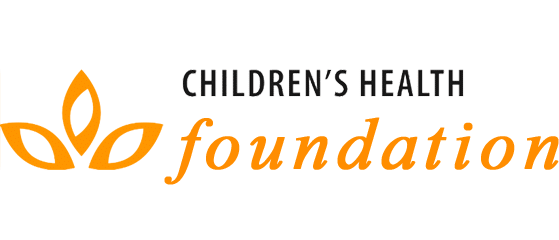Pediatric Peer Collaboration
- Peer collaboration and education forums
- Monthly publication of Clinical Pearls highlighting clinical recommendations
- Monthly publication of Resilience Pearls highlighting clinical recommendations
- Quarterly publication of Take Care newsletter for patients
Pediatric Support Level Assessment
In partnership with the Children’s Health Alliance, and through engagement of many community and national partners who care for Children and Youth With Special Health Care Needs, Children’s Health Foundation developed a Support Level needs Assessment (SLA) which offers providers clinical guidance to assess the level of support needed by children and families in order to stratify their panel populations and align office-based care management accordingly. The SLA considers medical, social and family factors and results in assignment of a Tier category from 1-4 that indicates the level of support needed by the child and family in order to manage their chronic conditions, and overall health. CHF pediatrician members have assessed over 125,000 children with the SLA thereby offering actionable data about the broader needs of the population for medical home and support services, as well as informing office-based care management approaches to support individual children and families.
Pediatric Care Management Improvement Collaborative (PCMIC)
The Children’s Health Foundation recognizes the importance of the pediatrician’s role in caring for children with the most complex physical and social needs. These families often endure a great amount of strain in order to navigate many branches of the health system. We know that these families especially need a high functioning pediatric medical home that can quickly and proactively offer top quality care as well as promote their ability to effectively self-manage their children’s needs.
The Foundation hosts a Pediatric Care Management Improvement Collaborative which includes quarterly learning collaborative sessions engaging office-based Care Managers, Referral Coordinators and Behavioral Health Clinicians from all of our member practices. These innovators collaborate to further develop and deploy education, methods, interventions, competencies, tools and resources to advance the mission of proactive, targeted office-based pediatric care management. Additionally, these quarterly collaboratives provide a space to build connections and partnerships with community organizations and resources.
Adverse Childhood Experiences (ACEs), Compassion-Informed Care & Resilience in Pediatrics
The Adverse Childhood Experiences Study1 published in 1998 looked at 17,500 adults’ exposure to adverse childhood experiences, or ACEs, and correlated this with long-term health outcomes. ACEs include physical, emotional, or sexual abuse; physical or emotional neglect; parental mental illness, substance dependence, or incarceration; parental separation or divorce; or domestic violence. This study found that higher ACE scores increased the risk of neurological, biological, psychological and/or social difficulties such as:
- Changes in brain neurobiology
- Social, emotional, and cognitive impairment
- Adoption of health risk behaviors as coping mechanisms (eating disorders, smoking substance abuse, self-harm, sexual promiscuity, violence)
- Severe and persistent behavioral health, physical health and social problems
- An increased risk for seven out of ten of the leading causes of death in the United States
Findings from this study also revealed that 67 percent of the population had at least one ACE, and 12.6 percent had four or more ACEs. Outcomes from the study support a dose-response relationship between ACEs and health outcomes: the higher the ACE score, the worse the health outcomes.4 In recent years, The American Academy of Pediatrics has prioritized prevention and treatment for ACEs. In the words of Dr. Robert Block, the former President of the American Academy of Pediatrics, “Adverse childhood experiences are the single greatest unaddressed public health threat facing our nation today.”
In 2015, the Children’s Health Foundation (CHF) convened a committee of pediatricians, behavioral health clinicians, and other practice team members to help guide a new initiative focused on Adverse Childhood Experiences (ACEs) and teaching parents and children how they can benefit from building resilience to overcome adversity throughout life. Strengthening relationships between care teams, parents, and children/adolescents and cultivating optimism that we will impact population health by targeting ACEs through building resilience is the foundation of this work.
The overall objective of this initiative is to provide a “vaccine” for preventing and mitigating the effects of ACEs by equipping care teams with the tools they need to identify and support high-risk populations.
This objective is broken down into three parts:
- Training care teams to treat all children and adults as if they are ACE survivors. The assumption that every person a care team might encounter has interacted with trauma allows for a new lens for how to approach interactions with patients, families, and fellow care team members. We call this lens, and the way that we care for patient and families, “compassion-informed.”
- With a compassion-informed lens, care teams can teach resilience to children and families, model it in their offices, and reinforce it at every visit. This initiative equips providers and care teams with practical tools & strategies to effectively provide families with ACEs and resilience education while also providing comprehensive support for high-risk families
- Screening for ACEs and resilience allows practices to provide targeted support to families identified with high scores. This initiative assists with staff education, workflow development, and process improvement for care teams who screen patients and families for ACEs and resilience.
4 Burke Harris, N. (2014, September) Nadine Burke Harris: How Childhood Trauma Affects Health Across a Lifetime [Video file]. Retrieved from https://www.ted.com/talks/nadine_burke_harris_how_childhood_trauma_affects_health_across_a_lifetime
5 Randell KA, O’Malley D, Dowd MD. Association of parental adverse childhood experiences and current child adversity. JAMA Pediatr. 2015;169(8):786–787


